The fan-favorite series centers on Eve Polastri (Oh), a British intelligence operative who becomes obsessed with apprehending the enigmatic assassin Villanelle (Comer). However, the obsession is mutual. Villanelle develops something of a soft spot for Eve, which only adds to the cat-and-mouse thrills. Killing Eve‘s book-accurate premise, and the way the narrative unfolds, also garnered the adaptation legions of queer fans. Between swapping showrunners every season, struggling to close the many threads it set up, and departing from the novels’ conclusion, Killing Eve‘s series finale is terrible — and now it’s official.
Killing Eve’s Series Finale Was Named The Most Disappointing In New Study
Killing Eve Beat Out HBO’s Game Of Thrones For The Dishonor
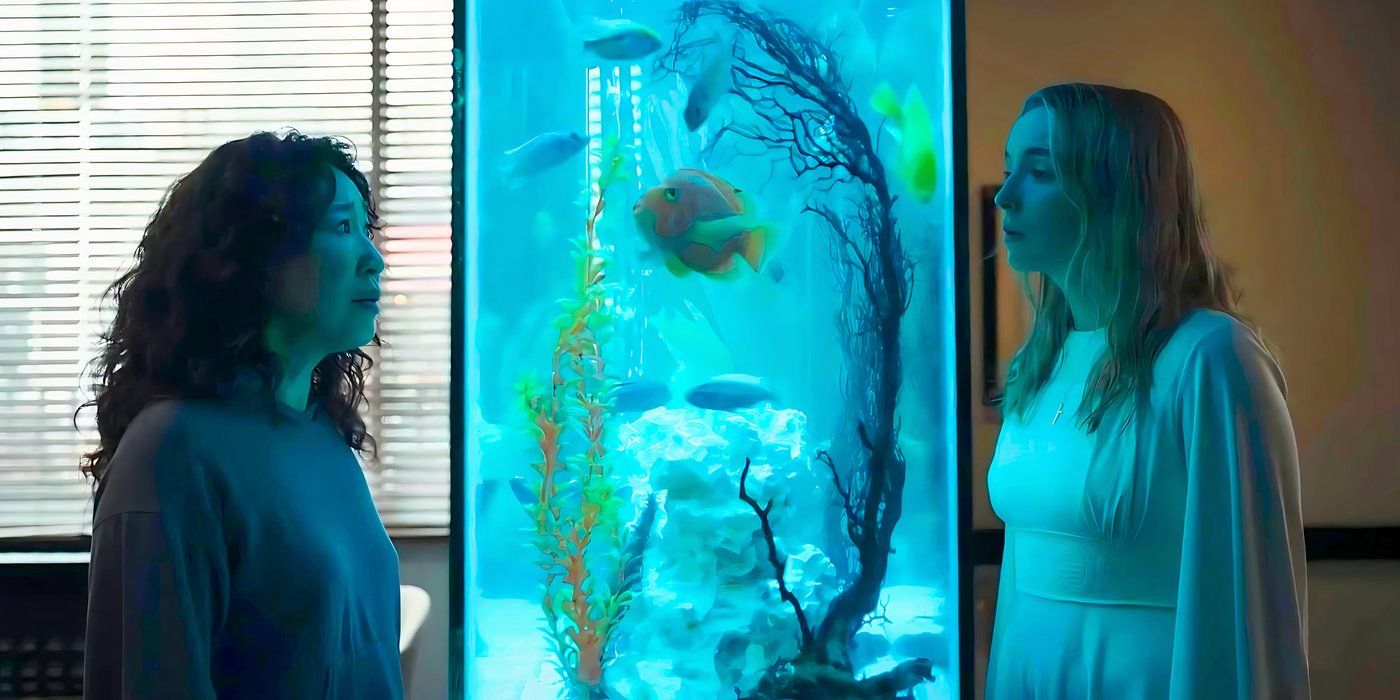
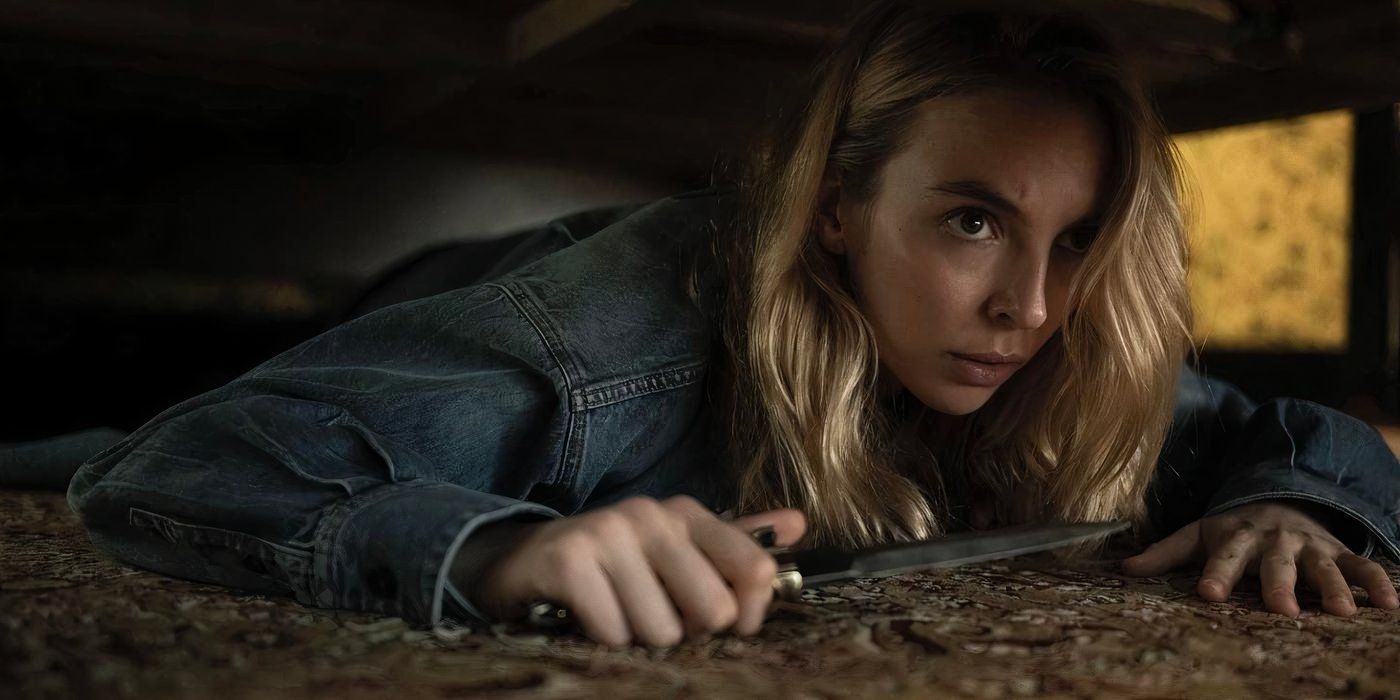
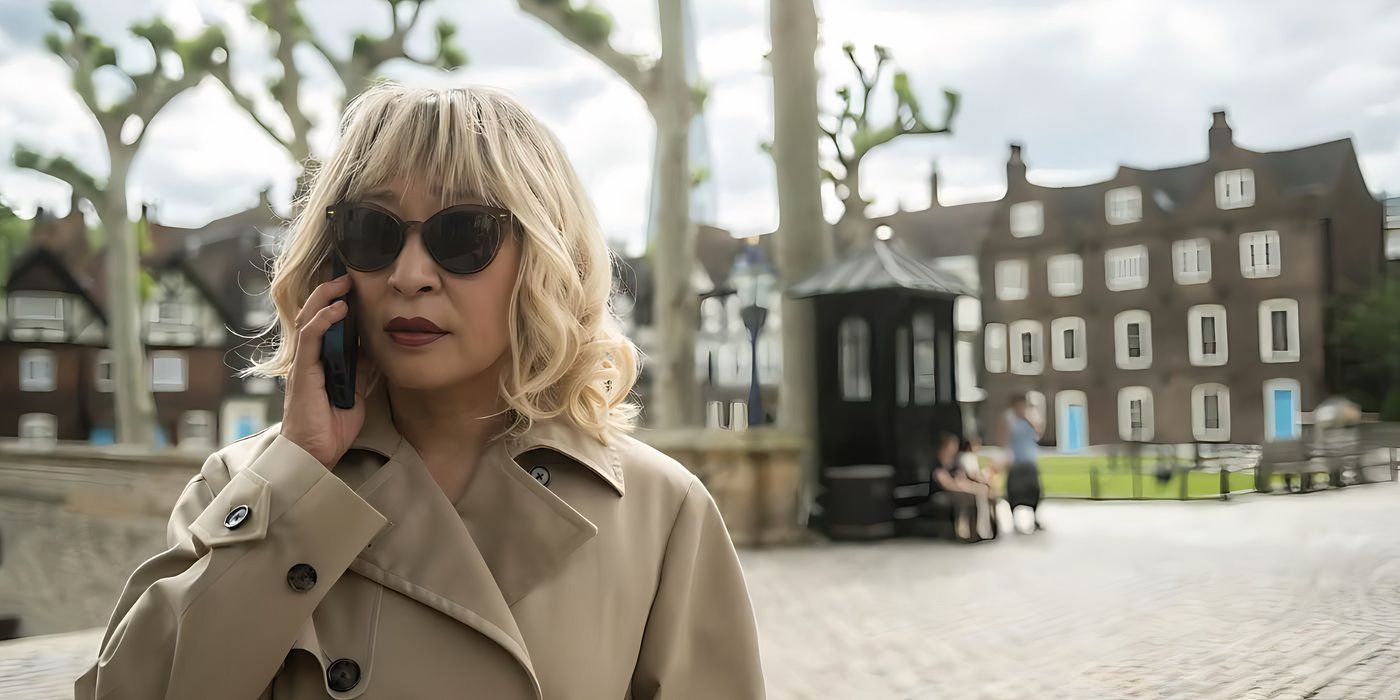
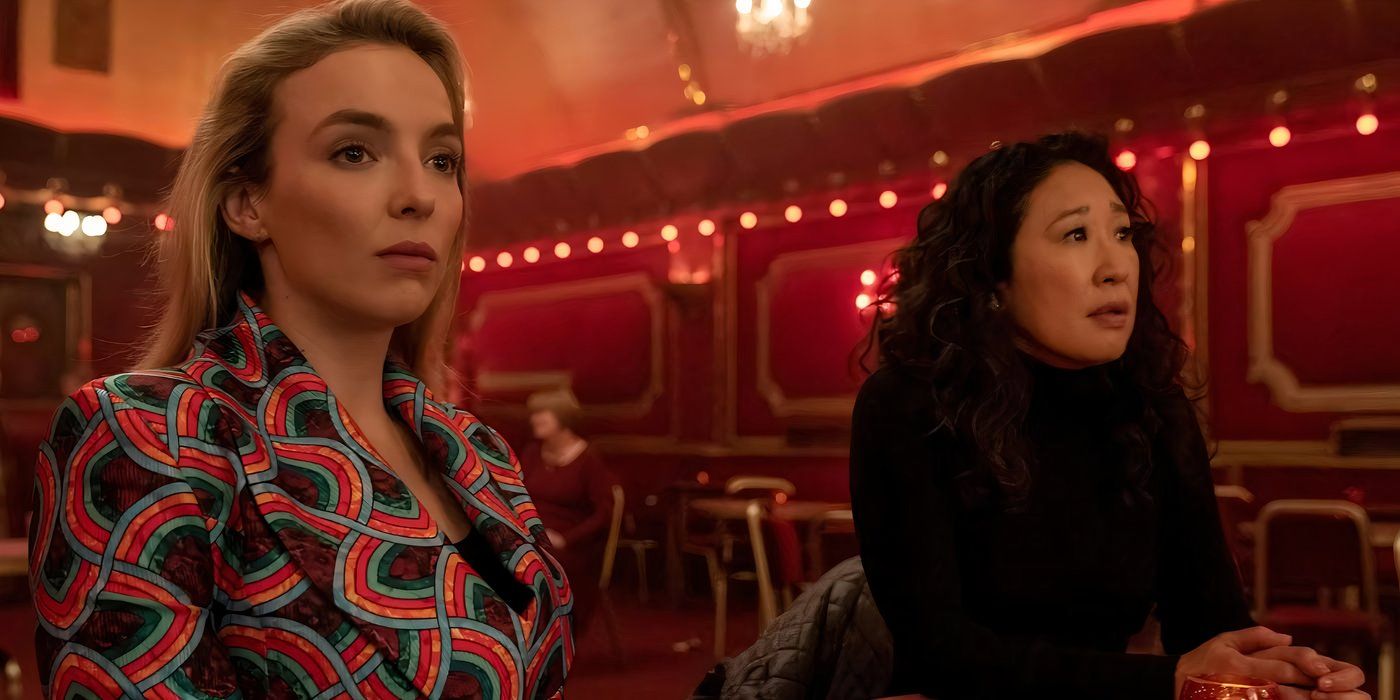
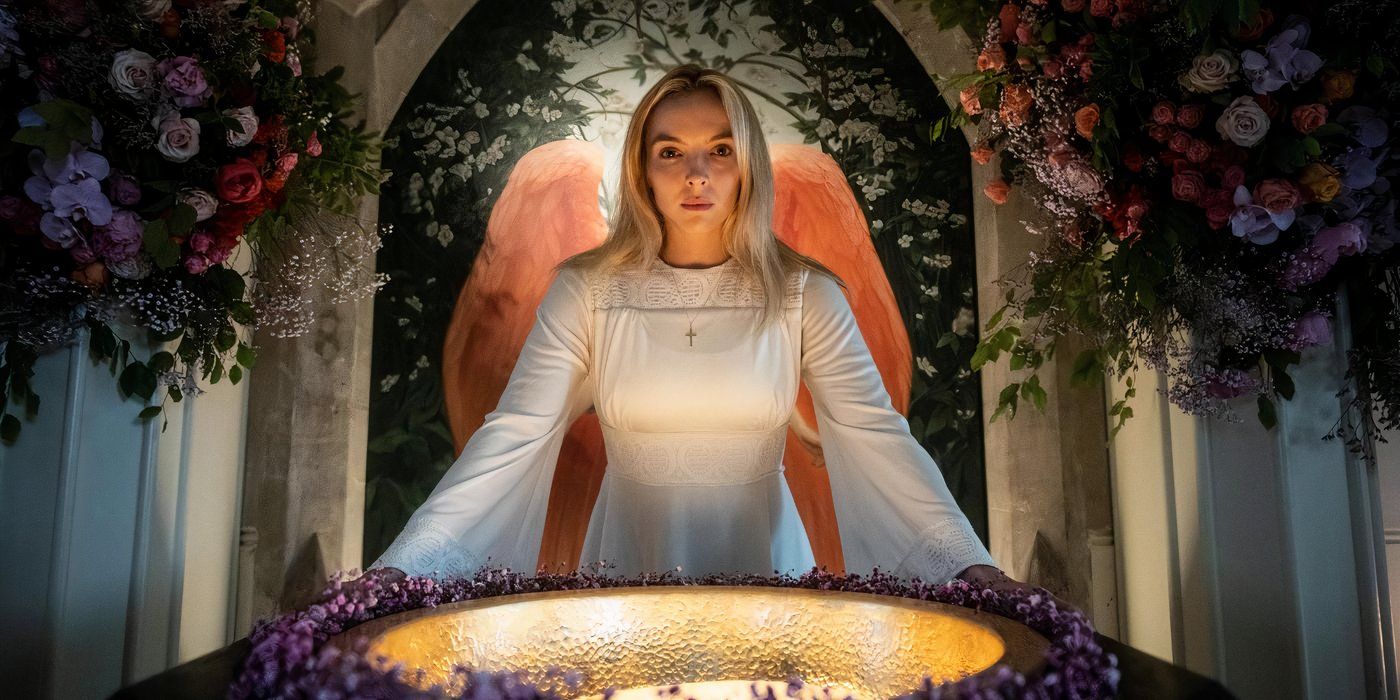
According to a new study conducted by JeffBet, Killing Eve boasts the most disappointing series finale ever, though Game of Thrones season 8 (in its entirety) and Dexter certainly gave the BBC show a run for its crown. The study used IMDb ratings to determine its big loser: JeffBet focused on once-popular series, like Killing Eve, and explored which projects show the steepest dip in quality based on users’ IMDb ratings. Helmed by Killing Eve season 4’s oft-maligned showrunner Laura Neal (Sex Education), “Hello, Losers,” exceeded expectations — in all the wrong ways.
Killing Eve‘s final episode failed by almost every measure…
Killing Eve’s Series Finale Is Controversial Because Of Villanelle’s Death
Killing Eve Season 4 & The “Bury Your Gays” Trope, Explained




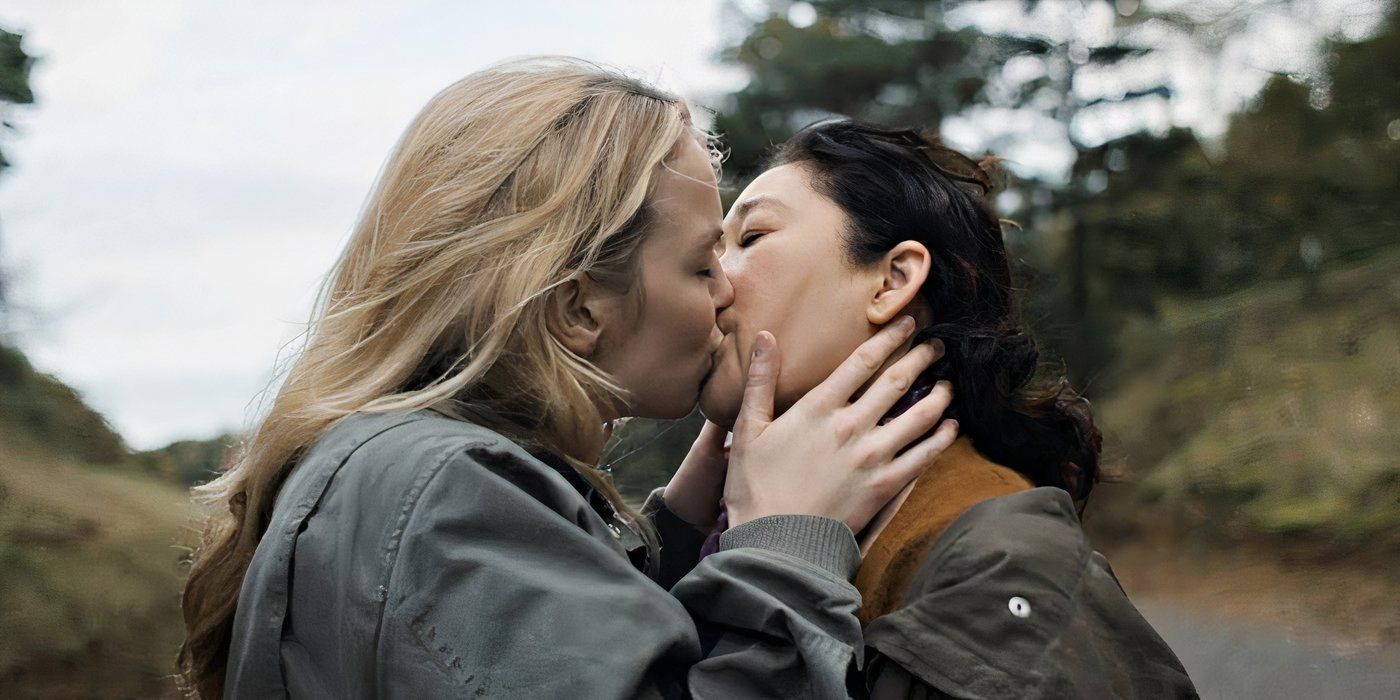
One of the many issues with Killing Eve’s series finale is Villanelle’s death, a turn of events that underscores some of the show’s biggest missed opportunities and missteps. While reflecting on Killing Eve‘s finale, Jodie Comer recalled that “there were a lot of upset fans” — and rightly so. The death is frustrating enough from a character perspective, but how it’s handled is downright insulting, especially to LGBTQ+ fans. Most of the final episode plays out like fan fiction: Eve and Villanelle are even forced by circumstances to share a bed. After seasons of build up, the execution is sloppy.
Even before the relationship turned explicitly queer, it was the compelling, human core of the show.
The trope, which stems from the film industry’s Hays Code, suggests a correlation between queer joy and LGBTQ+ characters being deserving of tragedy.
It’s no surprise that Killing Eve‘s finale was accused of perpetuating Hollywood’s ever-harmful “Bury Your Gays” trope. Since Buffy the Vampire Slayer‘s stray, Tara-killing bullet, the trope has reared its head time and again, from The 100 to Killing Eve. A core element of the “Bury Your Gays” trope is that tragedy strikes right after queer characters find happiness, often exemplified by physical intimacy. A few scenes later, one (or both) of them is killed. The trope, which stems from the film industry’s Hays Code, suggests a correlation between queer joy and LGBTQ+ characters being deserving of tragedy.
Killing Eve’s Series Finale Left A Lot Unresolved
Killing Eve Season 4 Couldn’t Tie Up All Of Its Loose Ends
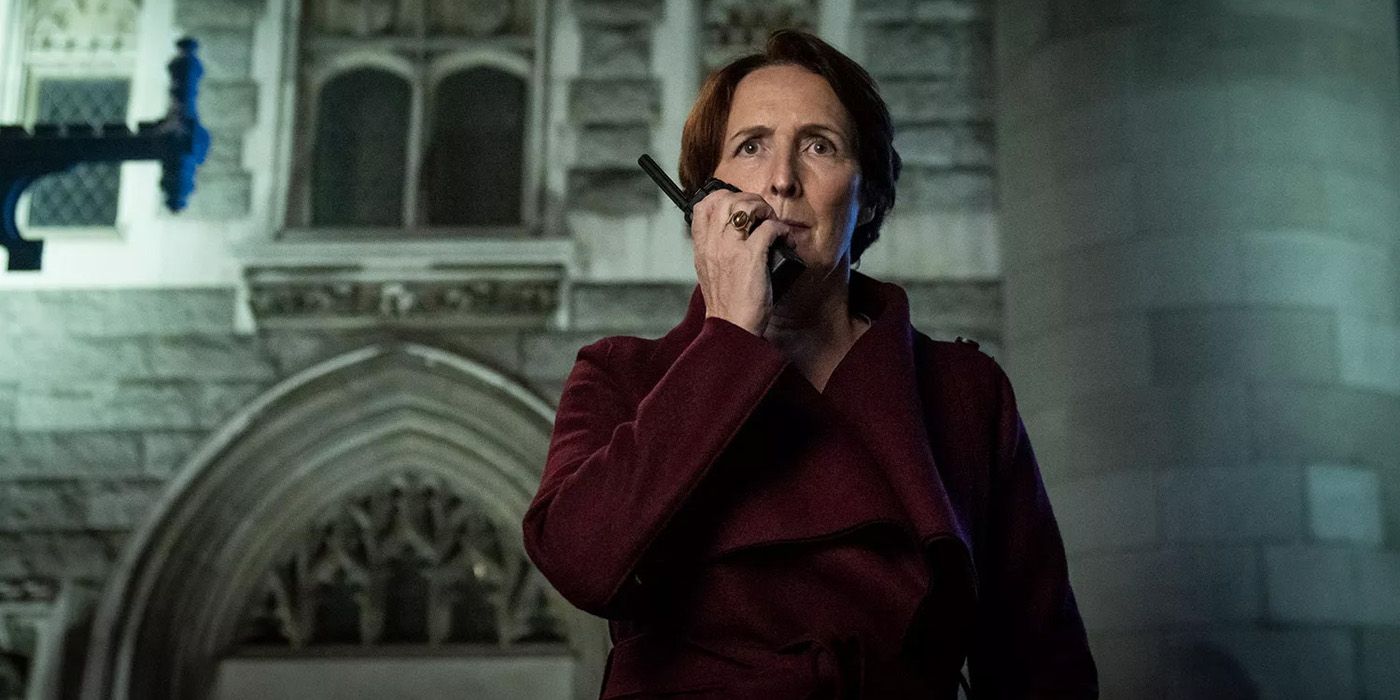
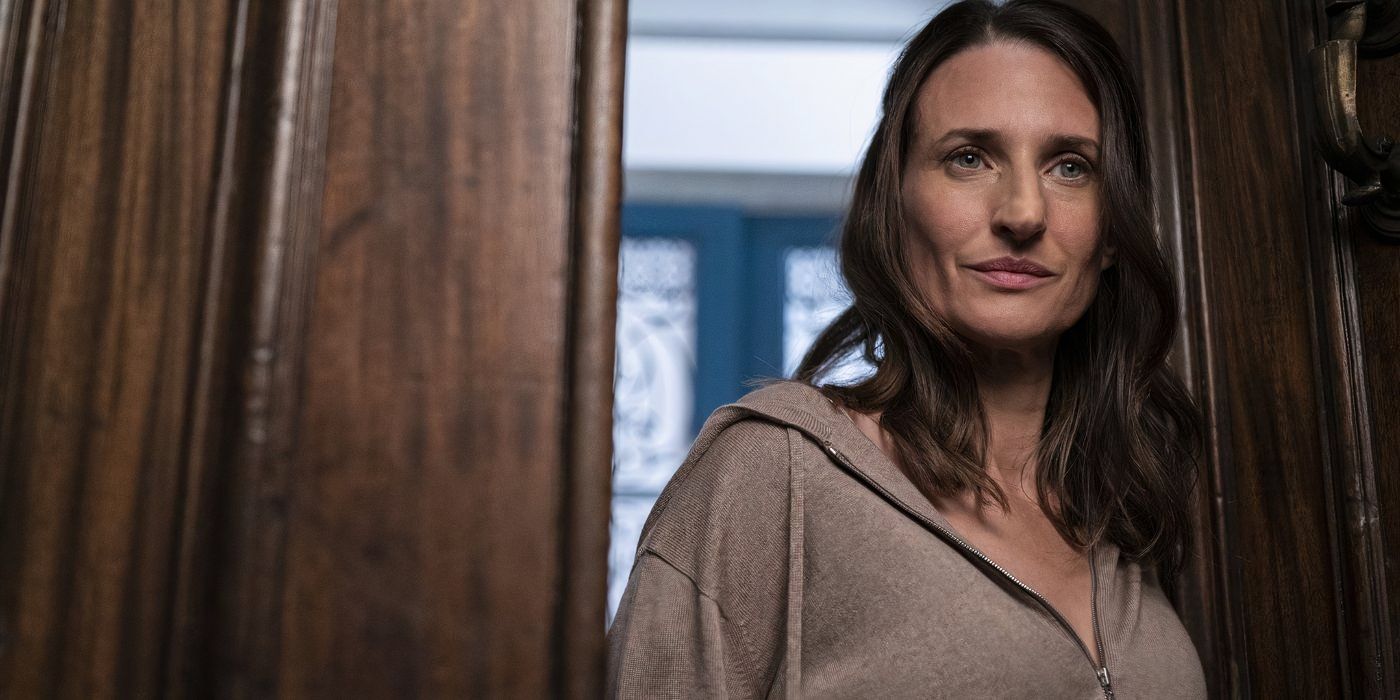
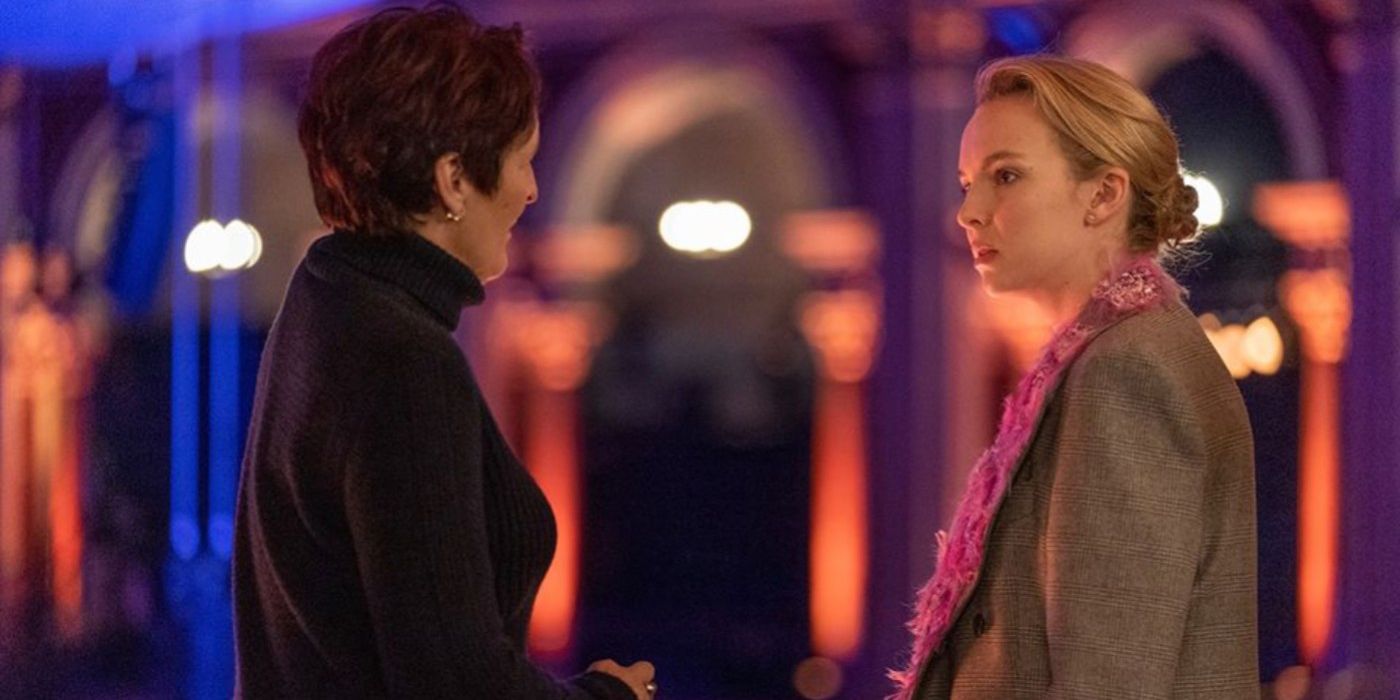
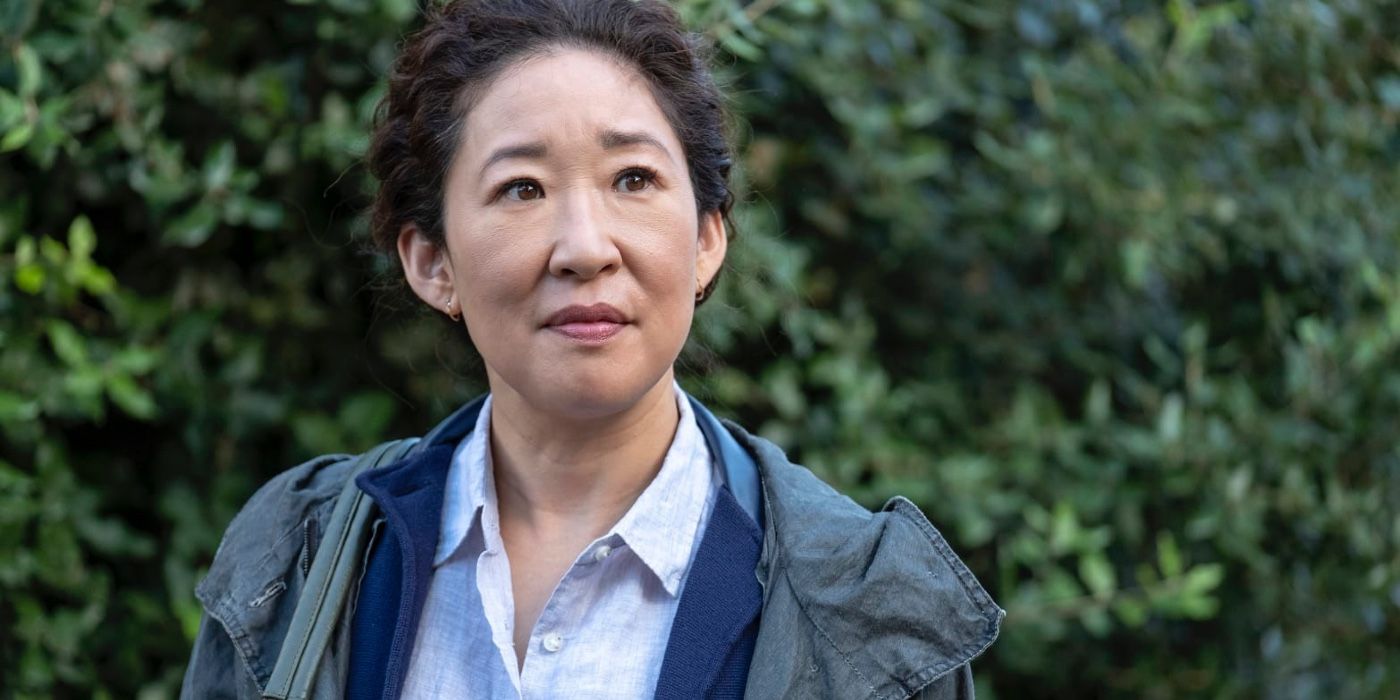
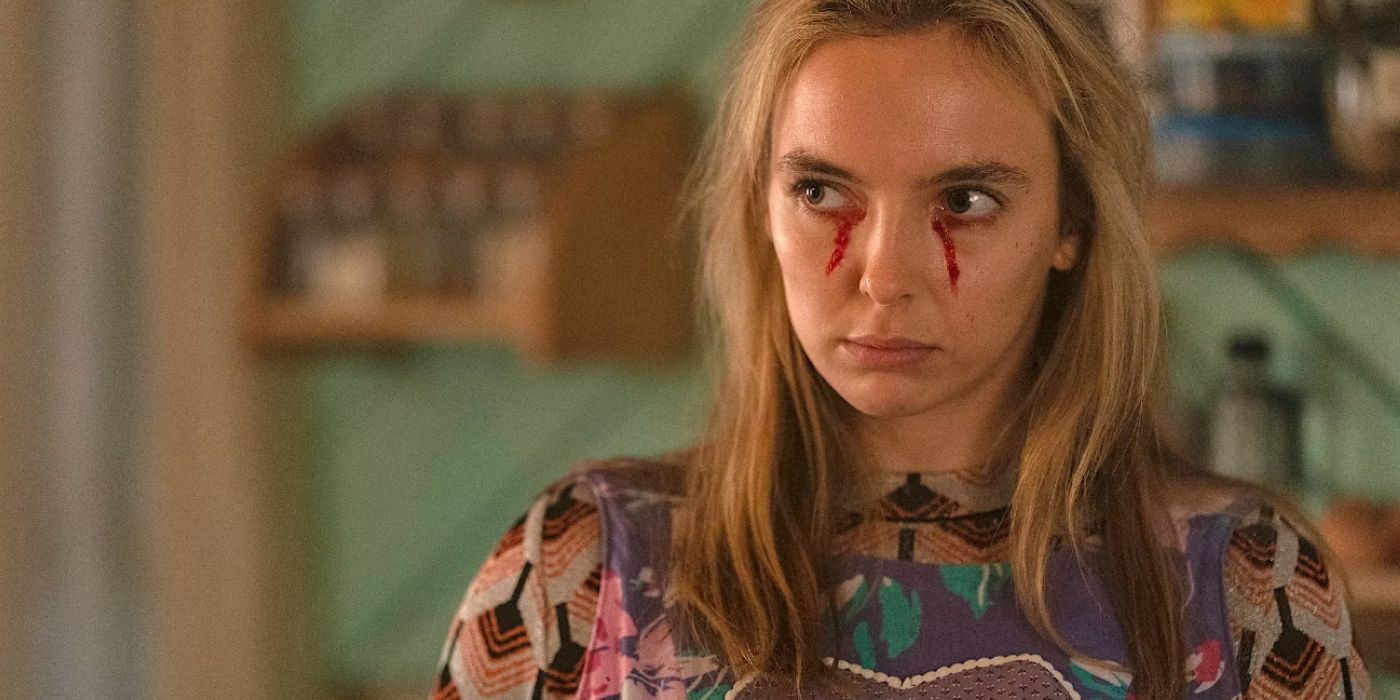
The Killing Eve series finale leaves a ton of threads hanging. A traumatized Eve, who’s left to just float in the river, lets out a guttural scream before the words “The End” appear. Showrunner Laura Neal likened the moment to a “rebirth” for Eve, which feels off-putting since the openly queer Villanelle had to die for Eve’s character to be reborn. While Eve and Villanelle’s relationship was toxic at worst and unconventional at best, how the show handled their endings undermines their complex relationship. Even Killing Eve‘s original author criticized the show’s ending and lack of closure.
…the two walking off into the sunset would’ve captured the spirit of the story.
Killing Eve Had Problems Long Before Its Series Finale
Changing Showrunners Every Season Took A Toll On Season 4’s Vision

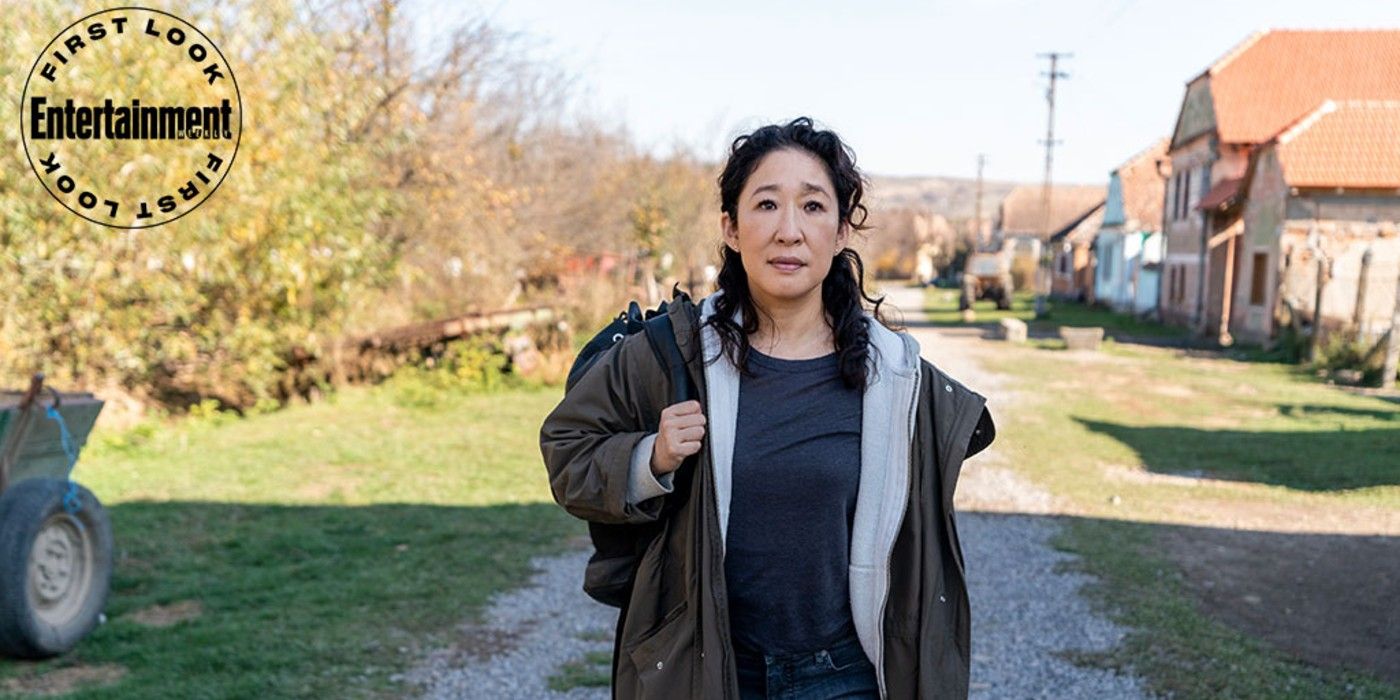
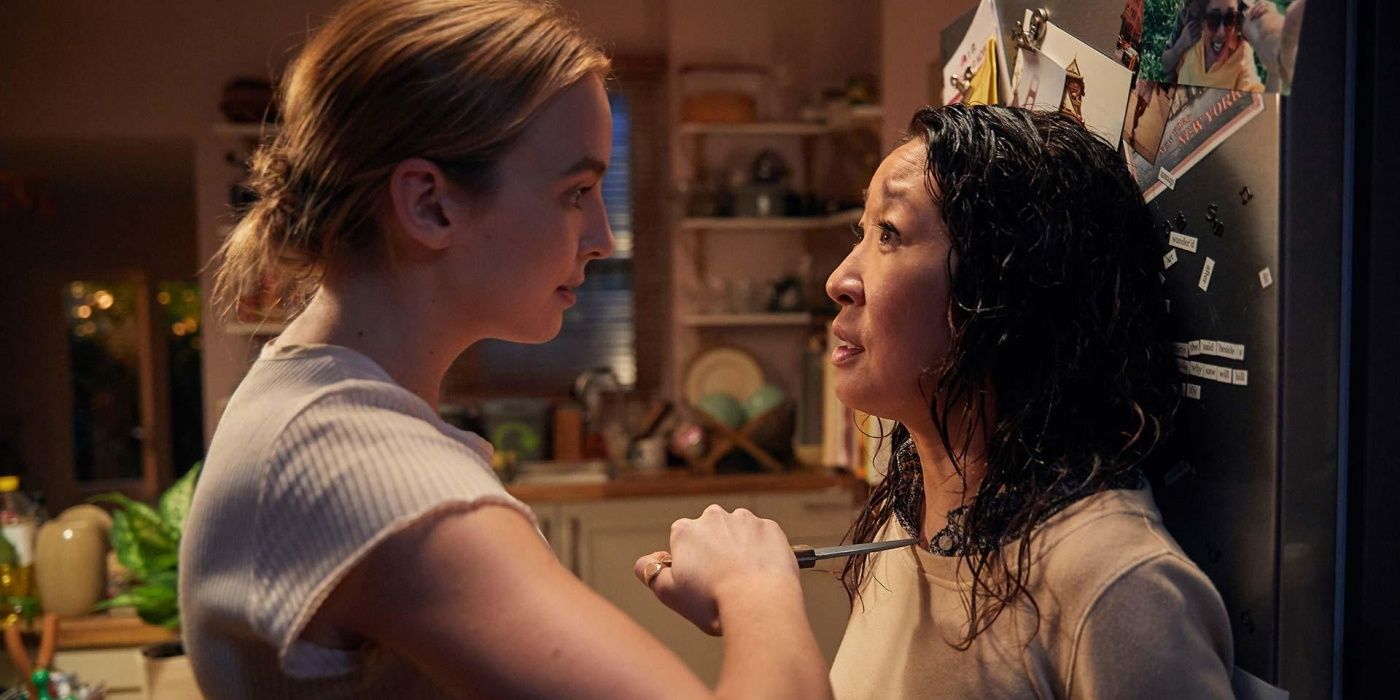
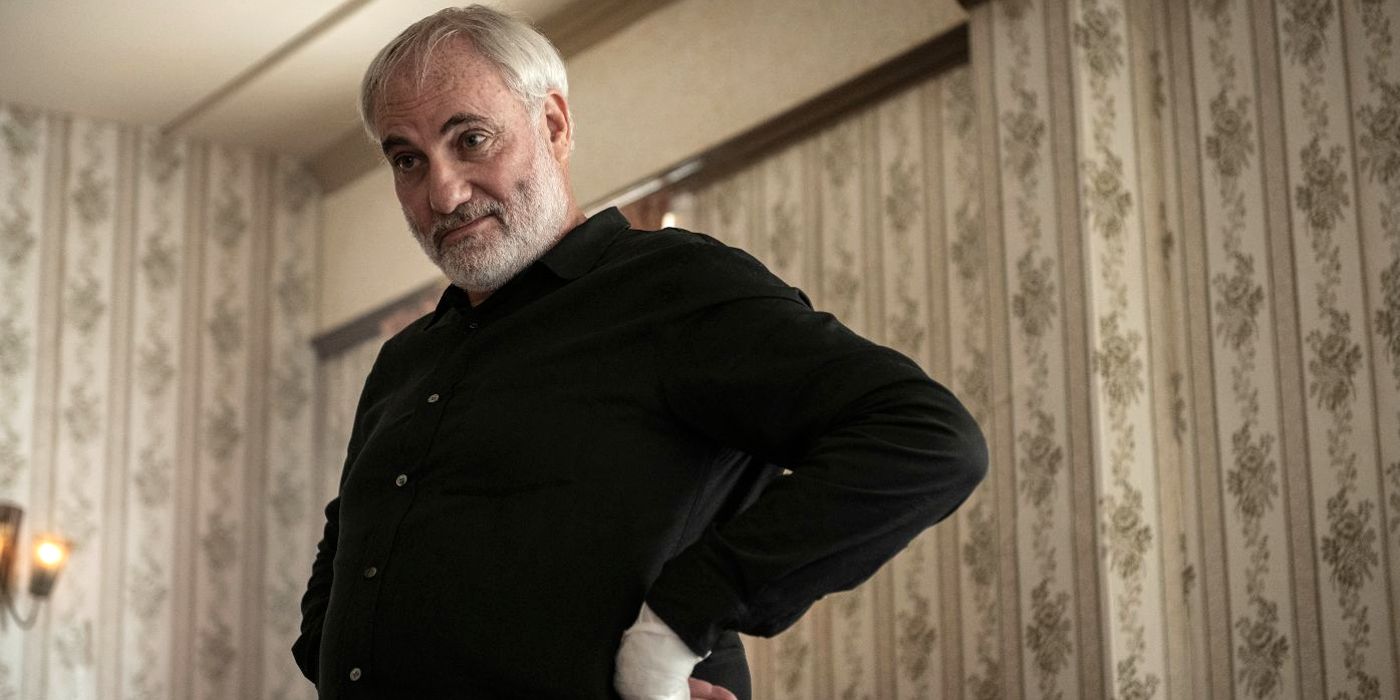
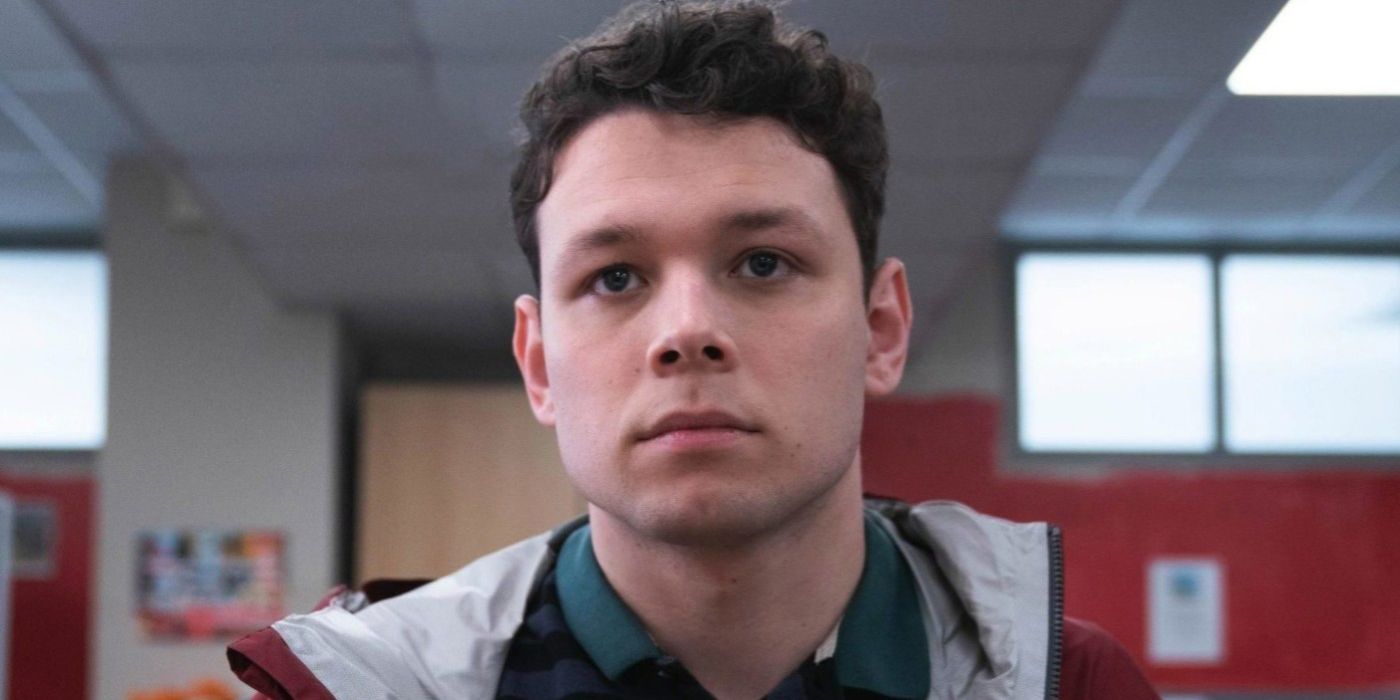
Although Killing Eve‘s first two outings were truly incredible, the series took a bit of a dip in quality in season 3. The third outing was still an intoxicating watch, thanks in large part to Oh and Comer’s undeniable chemistry. Killing Eve season 3’s finale, “Are You Leading or Am I?,” was the series’ last good episode. Eve and Villanelle agree to walk away from each other, but both can’t help but look back. The fourth season misunderstands the fundamentals of Eve and Villanelle’s relationship, underscoring just how much the ever-shifting showrunner position damaged Killing Eve‘s larger narrative.





